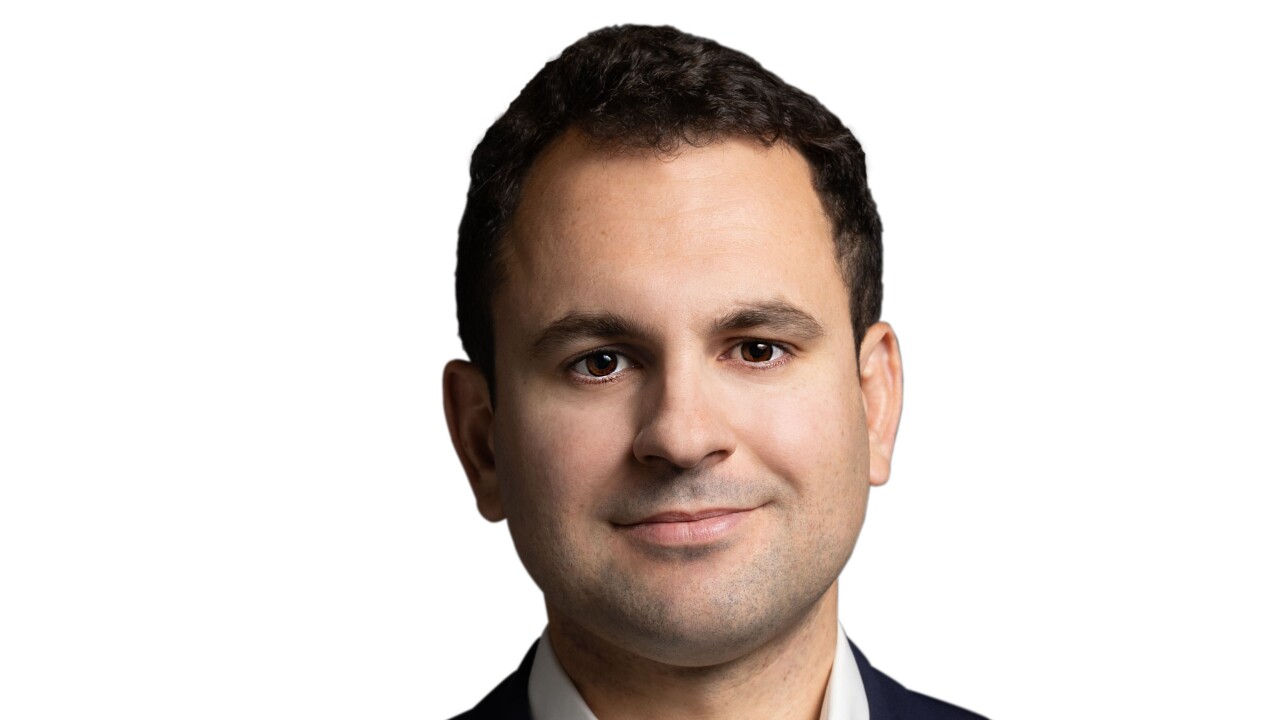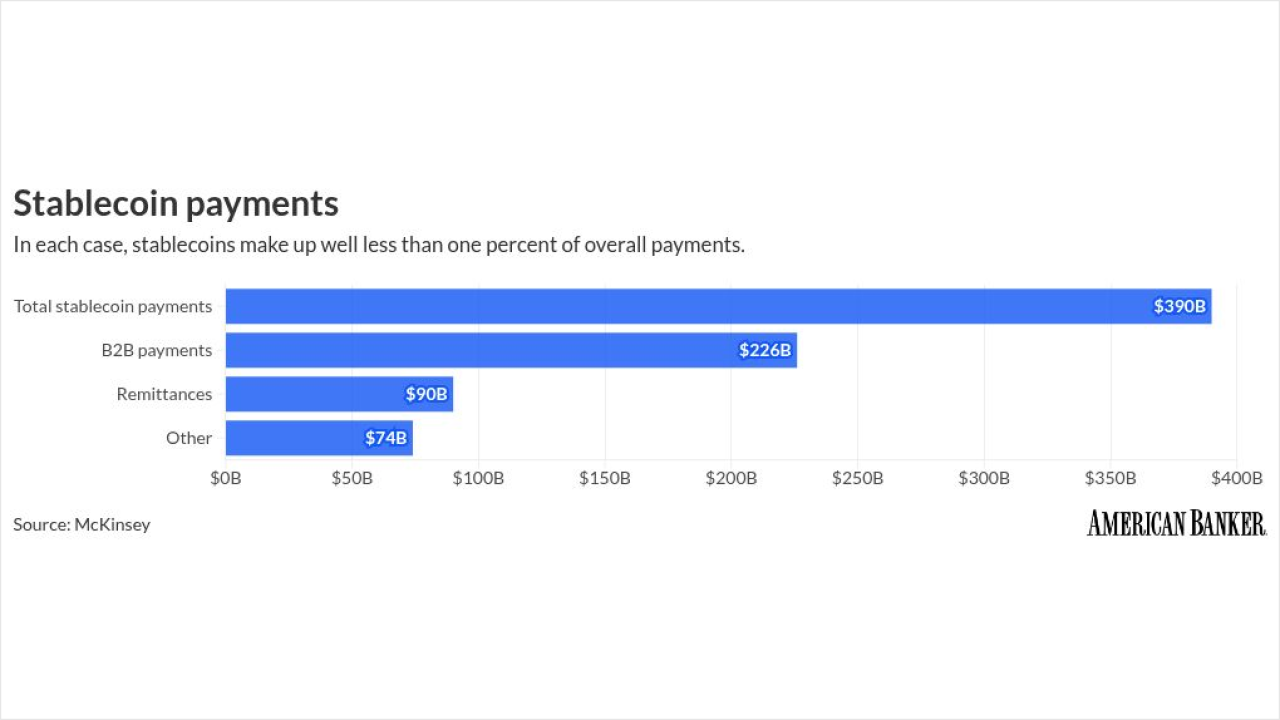-
Banks are increasingly competing with nonbanks to develop products for low-income and underserved customers. Here are the crucial questions they need to ask about regulation, technology and the competitive landscape.
June 4 -
WASHINGTON — The Consumer Financial Protection Bureau is recommending that policymakers implement a nationwide financial education program into grade school as well as standardized tests.
April 30 -
More needs to be done to reduce the compliance burden so these banks can fully serve their communities.
March 21
Banks stand to benefit from immigration reform as newly minted citizens become more comfortable opening accounts, but how far are they are willing to go to smooth their path to citizenship?
A study released Tuesday by the National Council of La Raza found that Latino immigrants who have become U.S. citizens are highly likely to have savings and checking accounts with mainstream banks and credit unions. That's the good news.
The bad news, according to the survey results that were unveiled at a news conference in Washington, is that even many immigrants who are eligible for citizenship will sit idle because they can't afford the application and legal fees, which can easily run into the thousands of dollars. With Congress debating a comprehensive reform bill that could pave the way for millions of illegal aliens to become citizens, consumer activists are challenging banks to consider making loans to immigrants to help them cover their costs.
Elizabeth Garza, the managing director for global consumer banking at Citigroup (NYSE: C), says the bank works with nonprofits to provide micro-loans for citizenship application fees, but it has not considered developing any broader loan programs tied to immigration reform.
Still, she seemed intrigued by the idea. "It is work I can ... go back and prompt my business to think about," Garza said at Tuesday's news conference.
The report from National Council of La Raza, a Latino advocacy group, aimed to examine how mainstream financial institutions are serving legal and illegal immigrants.
In many respects the results, based on surveys and interviews of more than 1,000 Latinos in California, were unsurprising. Though most banks accept individual taxpayer identification numbers or consular cards as identification, many Latinos still lack accounts because they feel intimidated by the account-opening process.
Moreover, even those with accounts are also "routine" users of payday lenders and other alternative financial services. This "suggests that they are smoothing out their monthly income or seeking out transactions that are not provided by their own financial institution," said Janis Bowdler, the director of economic policy at the National Council of La Raza.
Nonetheless, the results should help bolster the case for immigration reform, said Janet Murguia, the National Council of La Raza's chief executive. The study found that naturalized citizens, on average, earn 37% more than illegal immigrants, and are more financially literate. It also found that 90% have accounts at banks or credit unions, which is even higher than that of U.S.-born Latinos.
"As the Senate debates how to overhaul our nation's immigration system, it is interesting to note the link between immigration status and engagement in our financial institutions," Murguia said. "The more engaged and fully participating in our financial services they are, the more they and the nation benefit."
Raul Raymondo, the CEO of the Resurrection Project, a community development lender in Chicago, said that the potential flood of new citizens could be a boon for banks - as long as they are patient. He urged banks to take steps now to begin courting such customers, even if the payoff in terms of higher account balances or new loans is years down the road. Otherwise, as they look for ways to cover the cost of citizenship, they might have little choice but to turn to payday lenders, pawnshops or car-title lenders.
"A lot of places are getting ready to gouge these people," he said.
Citi's Garza said that one of her frustrations is that, despite banks' efforts to reach out to the Latinos, many are simply not receptive. "There's a cadre of people who will respond to all the work we do, but there are also those people that we have a great amount of difficulty reaching."
She acknowledged that there is "no silver bullet," but assured consumer advocates that the banking industry takes very seriously its mandate from the Consumer Financial Protection Bureau to make banking products easier to understand.
"Everyone wants to think that banks are on one side or this or another, but if it's right for the consumer that's where we should go," she said.





